#5492
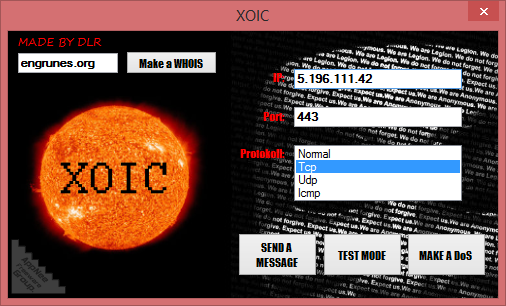
Loading...
Loading...
Loading...
Loading...
Loading...
#5491
HOIC (AKA: H.O.I.C., short for High Orbit Ion Cannon) is a free and open-source network stress testing and DoS/DDoS attacking application for Windows, Mac and Linux. It was written in Visual Basic and C#, developed by Anonymous (a hacktivist collective) during the Operation Payback after federal agents shut down Megaupload, and released as LOIC's predecessor.

Loading...
Loading...
Loading...
Loading...
Loading...
Loading...
Loading...
#5490
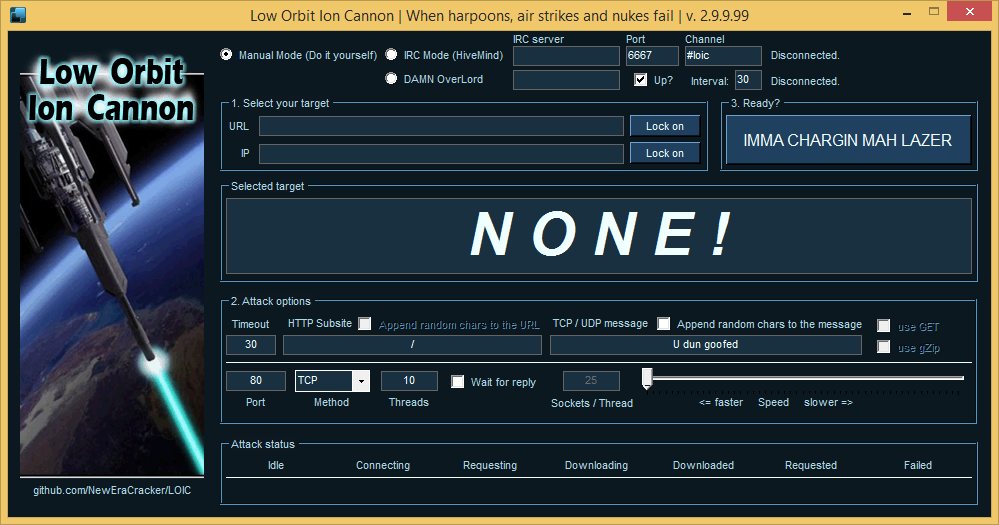
LOIC (short for Low Orbit Ion Cannon) is a free and open-source network/website stress testing tool initially developed by Praetox Technologies (currently maintained by the open source community) with C# in 2014. It's made for educational purposes only (that's to say, you should not use this software for illegal or unethical purposes, including activities that give rise to criminal or civil liability), and intended to help server owners develop a "hacker defense" attitude.
Loading...
Loading...
Loading...
Loading...
Loading...
#5455
To protect the security of files/data, I have always found it preferable to hide and/or set an access password for a partition rather than to encrypt the partition or an entire hard disk. The reasons are: 1) The performance and efficiency of reading/writing encrypted files are extremely low; 2) As far as I know, although an encrypted file is hard to crack, it is the most likely to happen and the most deadly for users to forget their encryption key - there is no solution at all; 3) In fact, even if you just hide one partition without password protection, few people would expect you to protect your private data in this way.
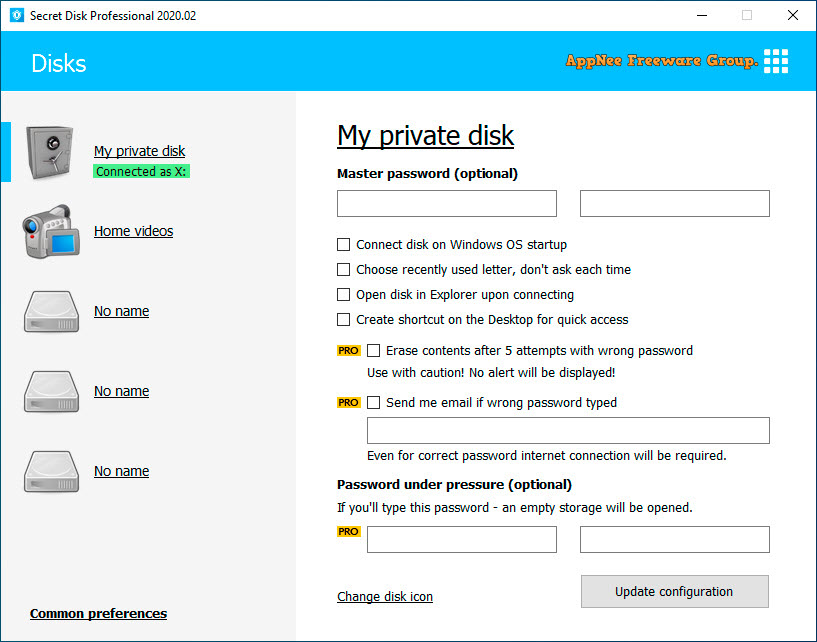
Loading...
Loading...
Loading...
Loading...
#5438
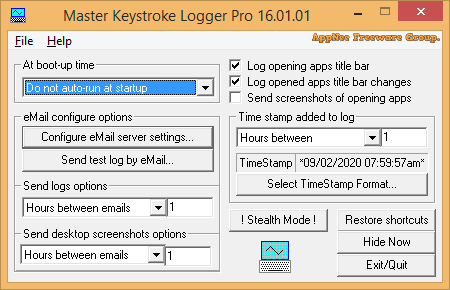
Master Keystroke Logger is a keyboard keystroke recording program. It has at least two applications: 1) Install it on your own computer, so it lets you know if someone did something on your computer and sends an email notification when you're not there; 2) Install it on someone else's computer as a hidden computer activity monitor.
Loading...
Loading...
Loading...
Loading...
Loading...
Loading...
#5352
Take-Away USB Flashdisk Encryption (TAEncryption, USB Flashdisk Encryption for short) is a USB file encryption program developed by Michael Stutz from Norway. It supports self-contained file encryption for USB flashdisks or other removable media device, thus making your files there more secure.
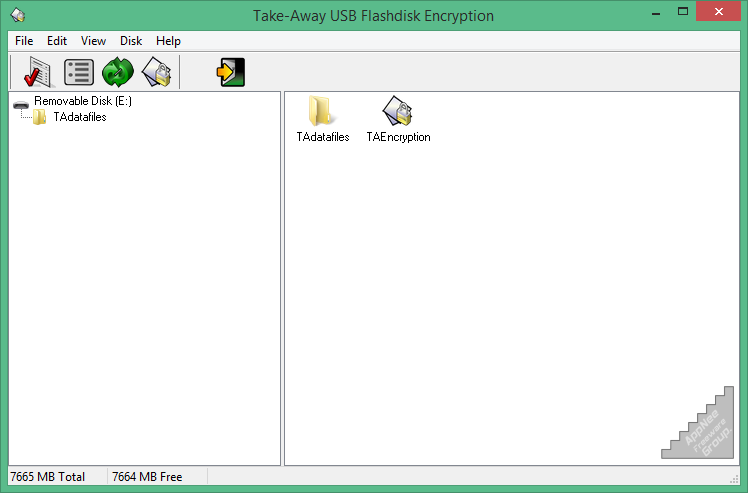
Loading...
Loading...
Loading...
Loading...
Loading...
Loading...
Loading...
#5250
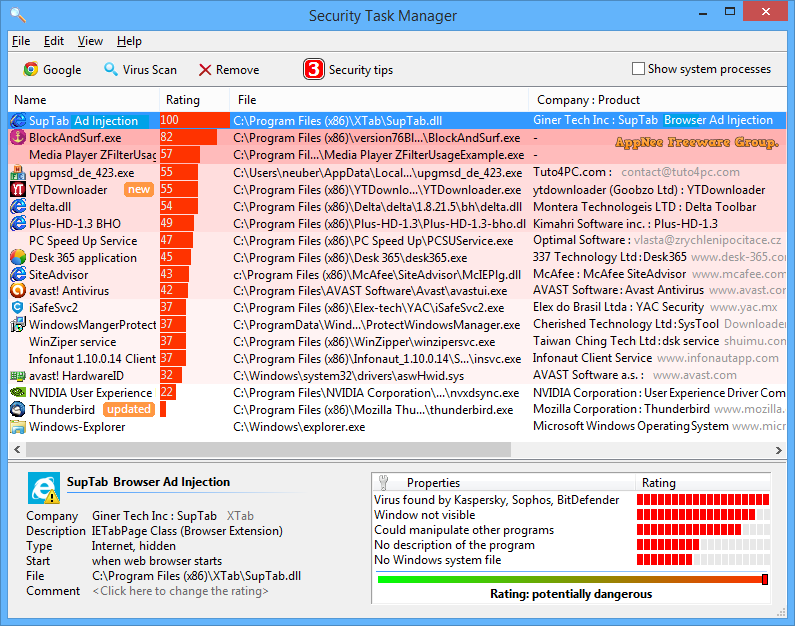
Security Task Manager is a professional, advanced system task/process view and management tool developed by Neuber Software from Germany. If you're looking for a better alternative to Task Manager, it's definitely worth a try. Security Task Manager presents you with detailed information about the programs and processes running on your computer in a comprehensive and understandable manner.
Loading...
Loading...
Loading...
Loading...
Loading...
#5069
PGP (Pretty Good Privacy) is currently the best and most popular data (including texts, e-mails, files, directories, partitions, and whole disk) signing, encrypting, and decrypting program, developed by Phil Zimmermann in 1991. Its source code is open, and it has withstood the challenges from thousands of top hackers around the world. It turns out that PGP is still the most secure encryption software in the world for now (until the popularity of quantum computers, I think). Without a password, no one can decrypt the data encrypted with it!
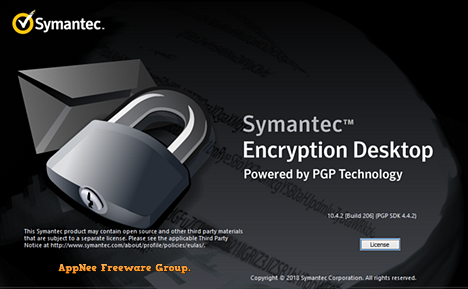
Loading...
Loading...
Loading...
Loading...
Loading...
Loading...
#4749
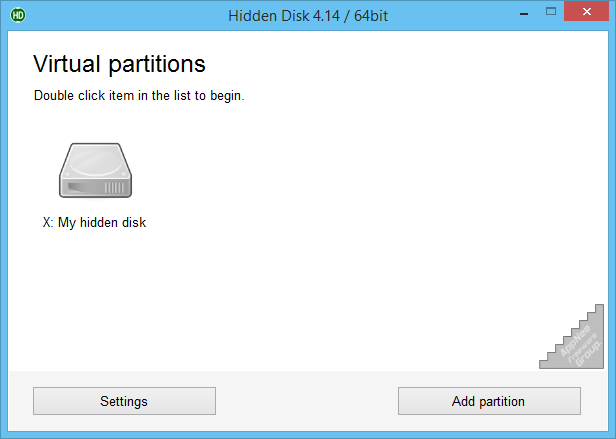
The biggest trouble with working or studying on a public computer is that there will always be people who will look into and even steal, delete your important documents, materials and data without permission, some of which may even involve personal privacy and trade secrets. In this case, you can use Hidden Disk to create a virtual, encrypted drive (you need a password to access it) that can be hidden at will to solve this problem perfectly.
Loading...
Loading...
Loading...
Loading...
Loading...
Loading...
#4684
We set the computer an access password to prevent unauthorized use of our PC. But sometimes we may forget or misremember the password and can not enter the system, thus shut ourselves out. In this case, reinstalling the entire operating system is obviously an inadvisable option. Instead, you can use NTPWEdit this tiny app to modify or remove any existing password of local system accounts easily.
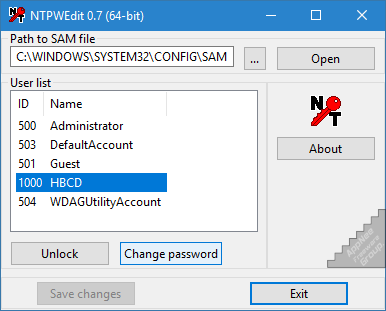
